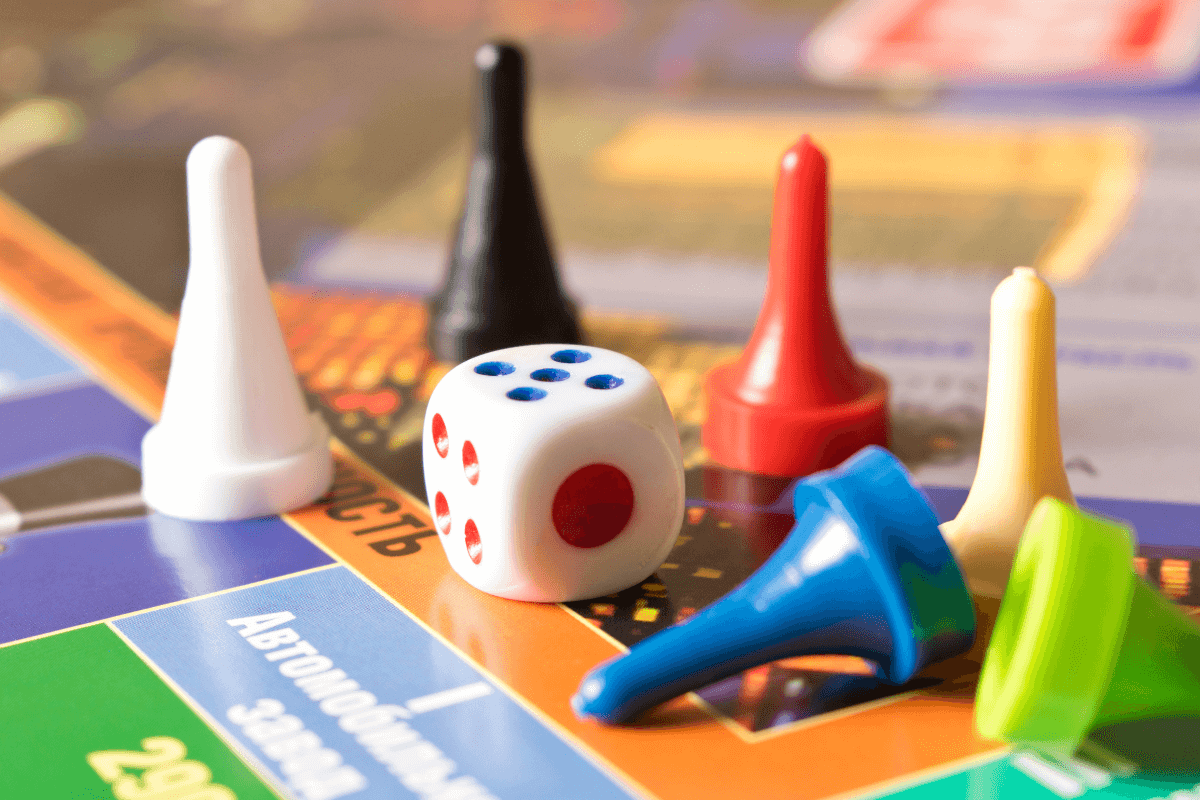
Holistic Behaviour Therapy
Holistic Behaviour Therapy
Our Services
Explore Our Holistic Health Offerings For Your Childs Development Journey.
10 +
Years Of Experience
90%
Client satisfaction
57
Clients & counting!
Behaviour is the surface. Psychotherapy is the depth.
At EQ Mindset, we believe children’s behaviours are more than surface actions, they’re actually messages. Child psychotherapy goes deeper than behaviour therapy, helping your child feel seen, understood, and supported in every part of their inner world.
We:
Looking Beneath the Behaviour
Instead of just correcting behaviours, we explore what lies underneath: emotions, nervous system dysregulation, or family dynamics. This helps children gain tools for lasting emotional regulation.A Family Systems Approach
No child struggles alone. Family relationships play a vital role in shaping a child’s sense of safety. By working with parents and caregivers, we create ripple effects of change.Creative, Somatic, and Holistic Methods
Therapy may include play, storytelling, somatic regulation strategies, and creative right-brain practices all designed to empower your child’s natural resilience.
-
Pricing is shared upon enquiry.
To support accessibility, we reserve 5 sliding scale spots each quarter for families facing financial hardship.These are limited and prioritised based on need, capacity, and mutual fit. If this applies to you, you’re welcome to mention it in your enquiry.
-
We offer mobile services in schools & have an in-person clinic located in San Souci Sydney NSW
-
A therapeutic intensive is a 1.5–3 hour deep healing session designed to access layers of emotion, trauma, and inner wisdom that shorter sessions often can’t reach. For many families, one intensive can shift more than months of surface-level sessions. It’s ideal for those experiencing emotional overwhelm and looking for a deep family session to get to the root cause.
Nurturing The Devleloping Mind
Children are not small adults. Their brains are still wiring themselves for emotional regulation, empathy, and resilience. Research shows that the prefrontal cortex (the area responsible for impulse control and decision-making behind the forehead) continues to develop well into the mid-20s. This means behaviours we see in children are often a reflection of a developing nervous system, not a fixed problem.
At EQ Mindset, child psychotherapy brings together evidence-based strategies with a holistic lens. We don’t just manage behaviour; we support the whole child with their emotions, their brain development, and the family systems that shape their growth.
See below the list of evidence based theories we use:
-
Emotional regulation is the foundation of a child’s wellbeing. A dysregulated child cannot learn, problem-solve, or connect because their nervous system is in survival mode. Research from polyvagal theory (Stephen Porges) and developmental neuroscience shows that when children learn how to return to a regulated state, their behaviour, learning, and relationships all improve.
-
Traditional behaviour therapy focuses on rewards and consequences. While these can be useful, research in child psychology highlights that lasting change happens when we look beneath the surface behaviour.
At EQ Mindset, we integrate behavioural strategies with a deeper focus on attachment, nervous system development, and family patterns.
This means we don’t just stop behaviours; we help children understand why they happen, giving them tools for healthier coping in the future.
-
Sand tray therapy allows children to express emotions and experiences they cannot yet put into words. Play is the natural language of children, and research in child development (e.g., Piaget, Vygotsky) shows that imaginative play supports emotional growth, problem-solving, and social development.
By building scenes in the sand tray, children externalize their inner world. This gives us a window into what they’re carrying, and it gives them a safe way to process fear, anger, or confusion.


